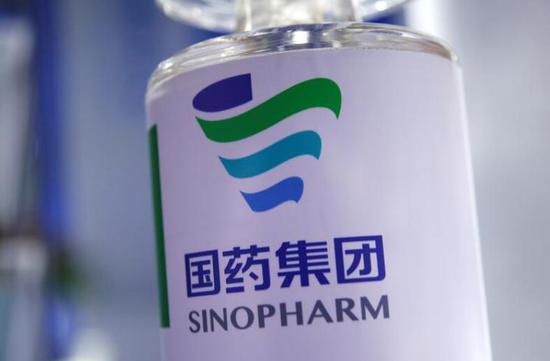Reuters said that Pakistan’s Minister of Science and Technology, Fawad Hussein Chowdhury, said on December 31 local time that Pakistan would buy 1.2 million doses of coronavirus vaccine from China National Pharmaceutical Group.
Reuters said that this is the first time that the South Asian country has officially confirmed its purchase of a vaccine during the fight against the second wave of the coronavirus epidemic.
According to the report, Chodhury tweeted that “[Pakistan] cabinet committee has decided to buy 1.2 million doses of [coronavirus] vaccine from China National Pharmaceutical Group, which will be provided free of charge to front-line workers in the first quarter of 2021.”
Reuters said that Pakistan approved $150 million earlier this month to buy a coronavirus vaccine, which will be initially released to the most vulnerable 5% of the population.
The report said that the country did not announce which vaccine to purchase at that time, but said that a panel of experts was developing a list of recommendations and that there might be more than one vaccine source.
The country with a population of 220 million is in another wave of infections, according to the report. On December 30th, local time, 2,475 new confirmed cases of COVID-19 were added, bringing the total number of cases to 479,715; 58 new coronavirus deaths were added, with a cumulative death of more than 10,000.
On December 31, the joint prevention and control mechanism of the State Council of China announced that the China Biological Coronavirus Inactivated Vaccine of the State Pharmaceutical Group has been approved by the State Food and Drug Administration for listing conditionally.
According to the available data, the protection rate is 79.34%, which achieves the unity of safety, effectiveness, accessibility and affordability, and meets the relevant standards of the World Health Organization and the State Food and Drug Administration.



